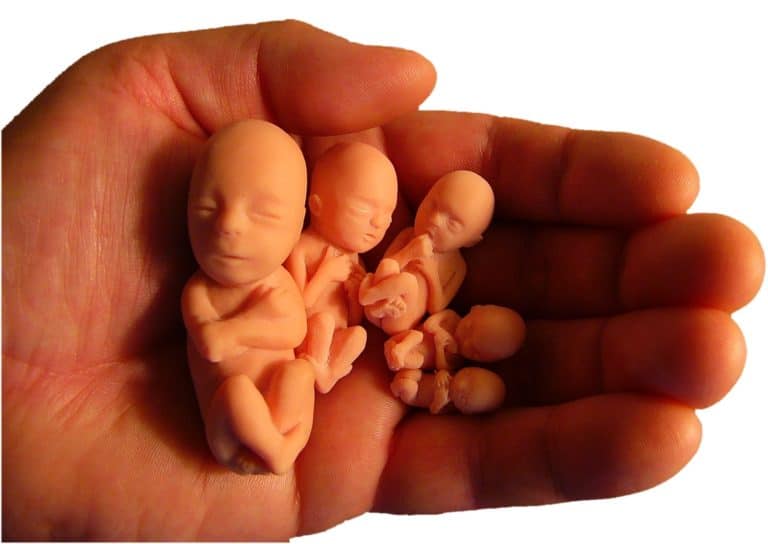Jaime Millás, with a Master’s degree in Biological Sciences and Education Sciences, an expert in Educational Institutions Management, and a Doctor in Bioethics, contributes this article entitled “Everything Has a Limit,” on human embryo experimentations.
* * *
Our nature is limited. We cannot achieve something that is beyond our real possibilities. It’s true that we can always try to improve a bit more, to attempt new challenges, to propose something that perfects us in the professional, human and personal <dimension> but everything has a limit, which is marked by our being. Ágere sequitur esse (action follows being) said the classics. We are human beings with their great possibilities but also with their limitations.
A recent “Nature” article, comments on the elimination of the 14-day barrier to experiment with human embryos. Last May, the International Society for Stem Cell Research (ISSCR) published new guidelines that relaxed the 14-day rule. This means that some researchers have begun to experiment with more developed embryos. Needless to say, no one can dispute that research work with human embryos is very interesting. Much can be learned from the first moment of the fertilization of the ovum by the sperm, which is directed to the acquisition of the zygote phenotype, giving way to the first division in two cells that are different and because of that, give origin one to the trophoblast and the other to the embryoblast. Moreover, already in these first phases, the axes are formed for embryonic development. Also in the very early phases the embryo, which begins being unicellular, produces its own proteins. All this confirms that we are before a new organism, a new human being. It’s not necessary to wait until day 14 to verify it. Therefore, to experiment with embryos that have exceeded 14 days of existence has less justification. In reality, the 14-day rule does not have biological sustenance either but stems from an agreement to justify these experimental works. There is no other moment to determine the beginning of the new organism than the union of the ovum and sperm. What comes after is no more than the development of that new human being, which will <gradually> actualize its potentialities, but it won’t be someone different, as it isn’t, either, after birth, it goes through childhood, adolescence, youth, adulthood and old age. We are the same even though we are not the same.
“I am fascinated by the second, third and fourth week of development, which we can’t see with an echography, but it initiates the development of the progenitors of the principal organs,” says Zernicka-Goetz, a researcher who works in the United Kingdom and in the California Institute of Technology in Pasadena. Ali Brivanlou, another scientist expert in molecular embryology, is trying to unblock the genetic program that converts stem cells in the first brain cells, as well as discover the molecular instructions that are related to the heart and its initial beats. Scientists think that experimentation with human embryos after 14 days of development will enable us to understand better almost one-third of pregnancy losses and the numerous congenital defects, which appear in those phases of development. In addition, knowledge will be acquired on cellular differentiation to form tissues and organs, thus stimulating regenerative medicine.
All this might be true, however, not all researchers agree on jumping over one more barrier: first was that of fertilization and now that of the 14 days, “I am cautious in the use of human embryos as a research system in its own right,” says Naomi Morris, development biologist of the Francis Crick Institute in London. Bioethicist Josephine Johnston goes a further step: “I believe it’s a mistake to abandon the 14-day rule and not propose another rule.” A limit that the scientific community understands is that society values human embryos and respects them, says Johnston, bioethicist of the Hastings Center in Garrison, New York. To do away with the limit “has the potential to really shake the public’s trust.”
Although, in fact, research works with human embryos in any phase of their development, could be useful to acquire knowledge of some congenital pathologies, as well as for the progress of regenerative medicine, yet the approval of these researches would imply succumbing to the utilitarian ethic, which leads us to avow that “the end justifies the means” and, therefore, we can annihilate embryos, small human beings that already behave like living organisms with a clear pattern of development. Nothing justifies attempting on a human life that is beginning. If there are things that we cannot do because we are limited there are other limits that it’s right not to trespass because it implies attempting against the person’s nature and telos, which is the foundation of ethics.
Translation by Virginia M. Forrester










